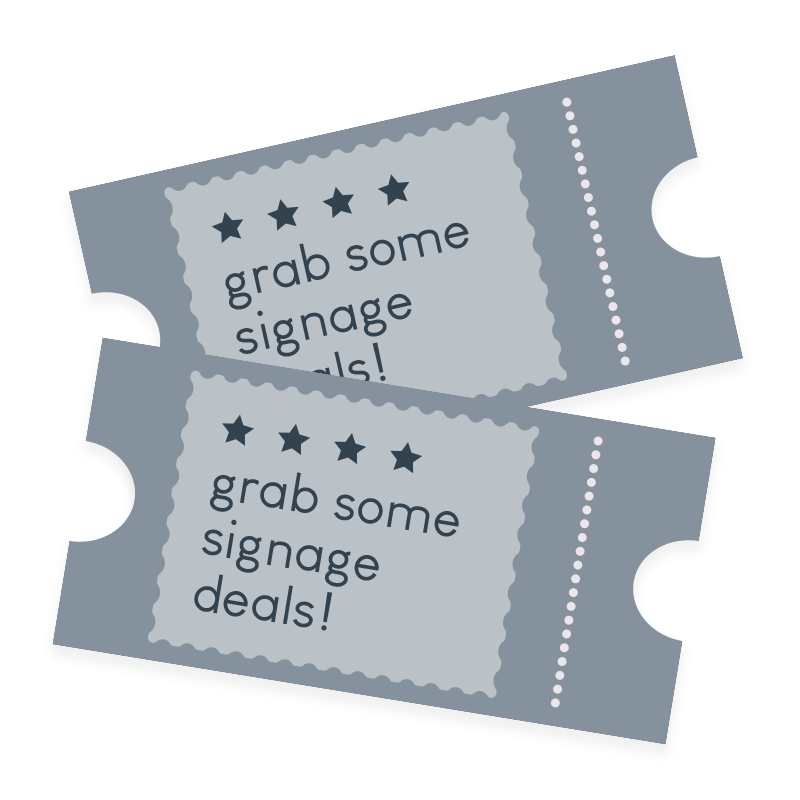
26 Oct Reusable Face Masks
Superheroes made them cool, coronavirus has made them compulsory. Learn the ins and outs of reusable mask purchase and use and how you can inject a bit of personality into mask wearing.
The facts
A mask is required for most people to enter public spaces while New Zealand is in alert levels 2, 3 and 4. Disposable masks are single-use and can’t be recycled at home, while reusable masks can be washed and re-worn, avoiding waste. But how do you choose the right mask for you?
Choosing a reusable mask
Fit, form and function are key. To be effective masks need to fit snugly and cover your nose, mouth and chin. They need to be made up of three layers and thick enough to effectively trap droplets while still allowing you to breathe! Ideally one of the layers needs to be made from a material, like wool or synthetic fabric, that repels moisture (the fancy name for this is hydrophobic). Most of us also want a mask that is easy to pop on and off, comfy to wear and one that looks okay too.
Remember, repeatedly touching or adjusting your mask defeats the purpose of wearing it, so ensure you get one with a good fit from the onset and clean your hands after touching your mask on your face.
Tip: If you need to remove your mask to eat or drink, remove it safely using the ear straps, place the mask in a sealed bag or container and clean your hands before you touch food, drink or eating utensils.
Mask challenges
From foggy glasses to getting into the swing of remembering your mask, storing between uses, washing and outfitting a whole whānau or workplace, the mask challenges are real.
Ideally, you’ll have two to three masks per person, one in the wash, one for wearing and one ready to go if that one gets damp. These masks shouldn’t be shared, so a family of four may need 12 masks. Masks should be washed daily or when damp. If you are out and about and need to change your mask, store your damp mask in a sealed bag for washing, use sanitiser when you handle your mask. It is recommended you wash your masks (and their storage bags) in a hot wash using disinfectant.
Masks with a nose clip can help stop foggy glasses, as can wearing a mask that sits high on your nose so you can cover the top of the mask with the bottom of your glasses. Pharmacies also sell an anti-fog treatment for glasses.
Tip: Leave a spare mask in the car and in commonly used bags so you are not caught short.
Comfort, fit and look
Adjustable ear straps are key to a snug fit and a soft material helps stop that chaffing feeling. Brandable masks can be unifying for a workplace and send a positive ‘we’re all in this together’ message to clients and customers. Add a logo, a design element from your brand or have some fun and have a ‘hello’ speech bubble, a smile or a positive message on the front to make up for people not being able to see your smile.
Tip: Choose different branded or patterned masks for different members of the family so everyone knows whose mask is whose or label them well. Buying a selection of mask brands can help with different looks and also ensure each member of the family can choose a mask with the best fit for them.
Can I make my own mask?
The internet has plenty of patterns and hacks for mask making. You may like to check The Ministry of Health’s website for instructions and guidelines to follow to ensure you maximise the effectiveness of your DIY mask.
Where to buy
Contact us for branded masks or bulk orders of plain masks. To buy masks in smaller quantities, check out the Buy New Zealand Made https://buynz.org.nz/ website and Chooice https://chooice.co.nz/ to find some New Zealand providers.
Remember: Behind every mask there is a face and behind that a story.
Not subscribed?
Subscribe and receive monthly news and creative updates direct to your inbox.
Subscribe to our blog

 grab some signage deals!
grab some signage deals! download our website checklist
download our website checklist